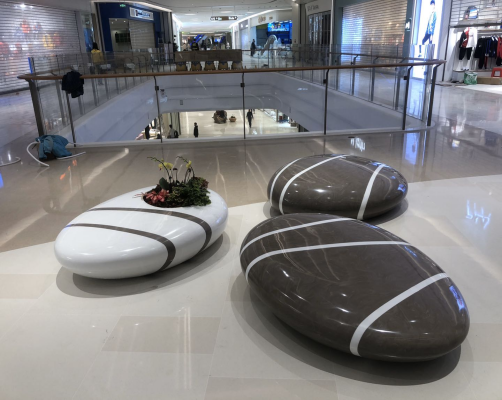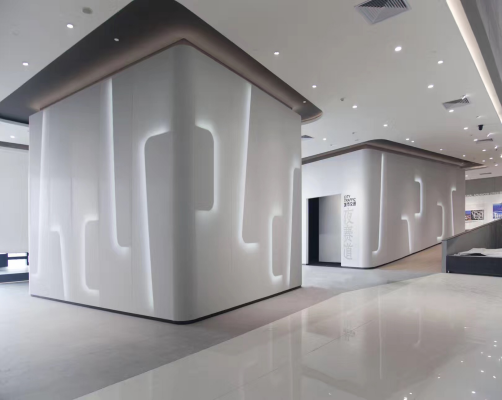Engineered quartz and natural quartz share many similarities, but understanding their distinctions is essential when it comes to making informed decisions for various applications. Engineered quartz, also known as quartz composite or artificial quartz, is a man-made stone composed of natural quartz crystals combined with resin binders. On the other hand, natural quartz is a mineral found abundantly in the Earth's crust. In this article, we will explore the numerous ways in which engineered quartz differs from natural quartz.
Composition and Manufacturing Process
Engineered quartz is an engineered stone made by combining 93% crushed quartz and 7% resin binder. The manufacturing process involves mixing the crushed quartz with the resin and then subjecting it to an extreme vacuum and pressure to create a dense, non-porous slab. Natural quartz, on the other hand, is formed naturally by the crystallization of silicon and oxygen atoms into a lattice structure. The minerals present during its formation give natural quartz its unique color and veining.
Aesthetics and Customization
Engineered quartz offers unparalleled options for customization. Through the addition of pigments, the appearance of engineered quartz can be modified to mimic a wide range of natural stones or to achieve unique, eye-catching designs. Natural quartz, although it comes in a variety of colors and patterns, is limited in terms of customization. Each natural quartz slab possesses its own unique characteristics, making it impossible to precisely replicate the appearance of one slab to another.
Durability and Maintenance
Engineered quartz is renowned for its durability. The combination of crushed quartz and resin binder creates a strong material that is resistant to scratches, stains, and heat. It is also non-porous, making it impervious to moisture and bacteria. Natural quartz is also durable but is more prone to cracks and chips due to its inherent mineral composition. Additionally, natural quartz requires periodic sealing to maintain its non-porous properties and prevent staining.
Price and Availability
When considering price and availability, engineered quartz is generally more accessible and affordable compared to natural quartz. Engineered quartz can be manufactured in a controlled environment, ensuring a consistent supply and lower costs. Natural quartz, on the other hand, needs to be extracted from quarries, which can lead to variations in supply and higher prices. The rarity and uniqueness of certain natural quartz varieties can further impact their availability and cost.
Environmental Impact
Engineered quartz has gained popularity as an eco-friendly alternative to natural quartz. The manufacturing process of engineered quartz utilizes the by-products of other industries, reducing waste and energy consumption. Additionally, the resin binders used in engineered quartz can contain recycled materials. Natural quartz, while a natural resource, requires extraction and transportation, contributing to carbon emissions and environmental disruption.
In Conclusion
Understanding the differences between engineered quartz and natural quartz is crucial when selecting the right material for your project. Engineered quartz offers greater customization options, enhanced durability, and a lower price point, while natural quartz showcases the beauty of natural formations and uniqueness. Consider your specific requirements, aesthetics, and environmental concerns to make an informed choice that best suits your needs.
 Column
Column
 Leisure seat
Leisure seat
 Wall
Wall
 Reception
Reception